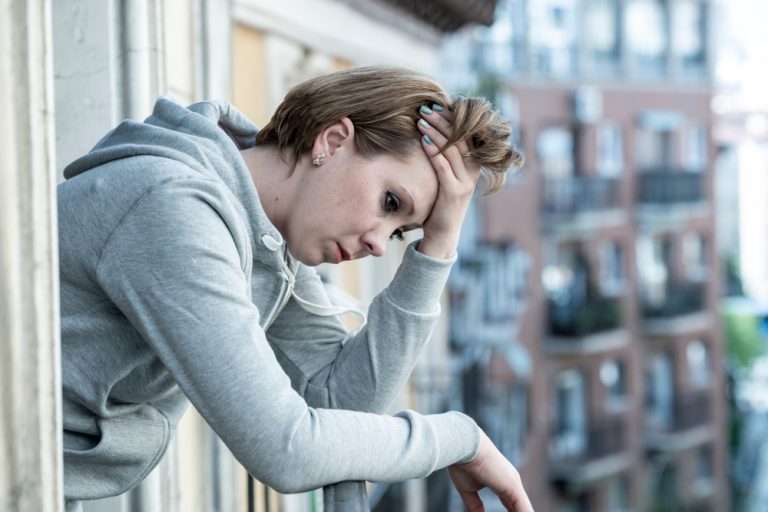Drinking alcohol can significantly increase your weight depending on how many calories an alcoholic beverage has. The effects on your body will be more pronounced, potentially leading to internal organ damage and other medical conditions. Drinking beer can cause weight gain of any type — including belly fat.
Don’t Drink Too Much (a.k.a. Mindful Drinking Habits)
Alcohol has a lot of calories but offers no nutrients and may affect hormones that control appetite, hunger, and stress. Those extra numbers on the scale are likely https://historyoftoronto.ca/blog/toronto-withdrawal-management-system-a-comprehensive-solution-for-substance-abuse-recovery a result of bloat, water retention, and a digestive system that’s not firing on all cylinders. Alcohol disrupts your metabolism and lowers testosterone which, in addition to the added calories, contributes to weight gain. If you want a happier, more stable life, one of the BEST things you can do for yourself is quit drinking alcohol.
Medication-assisted weight loss with a future focus

And exercise might compensate for the extra calories so weight loss won’t be slowed. But if the alcohol leads you down a slippery slope to munching on cheese-drenched nachos and Buffalo wings, stick to club soda and a slice of lime. A less extreme version of substituting alcohol for food when attempting to lose weight is to eliminate carbohydrates from one’s diet, and to consume wine instead. Several years ago we had dinner with an acquaintance who refused to take any bread from the breadbasket because he was on a diet, and lectured us on the evils of carbohydrates. “I prefer to drink my calories,» he told us, pointing to the bottle of red wine he had ordered. This he did—by consuming the entire bottle. Eliminating alcohol is not necessary to lead a healthy lifestyle.
- Alcohol can have different effects on your body that contribute to weight gain.
- It’s used by medical professionals to assess your risk for alcohol dependence.
- A review by Yeomans 5 highlights some of the potential explanations for alcohol’s influence on weight gain or obesity.
Alcohol consumption is associated with DXA measurement of adiposity: the Pró-Saúde Study, Brazil
First, it has been found that alcohol intake increases energy expenditure, likely due in part to the fact that it has a high thermogenic effect 53. It has also been suggested that some of the energy ingested as alcohol is ‘wasted’, due to the activation of the inefficient hepatic microsomal ethanol-oxidizing system (MEOS). The MEOS is induced through chronic alcohol intake, and the level of induction increases with increased intake 54, 67. Oxidation of alcohol via the MEOS produces less ATP than oxidation via alcohol dehydrogenase, using the energy from alcohol intake primarily to enhance heat production 37, 54. The extent to which wasted energy from regular alcohol consumption contributes to weight gain prevention is unclear.
That’s because your body already has processes in place that allow it to store excess proteins, carbohydrates and fats. So, your system prioritizes getting rid of alcohol before it can turn its attention to its other work. Heavy drinking can also lead to a host of health concerns, like brain damage, heart disease, cirrhosis of the liver and even certain kinds of cancer. “Across the board, for people who are trying to lose some weight, cutting out empty calories is a good place to start,” emphasizes Dr. Heinberg. Below is a list from least calories to most, based on serving size. For example, Simon says that alcohol can affect levels of reproductive hormones like testosterone and estrogen.
- Ways that your standard hangover cures won’t even begin to touch.
- The day after drinking alcohol promotes weight gain for a variety of reasons.
- Less well known, and indeed potentially harmful to the health of the dieter, is eliminating food almost entirely in order to consume alcohol.
- Visceral fat is tightly packed, and as it builds up, it pushes the abdominal wall outward, exaggerating the appearance of a beer belly.
Cross-sectional Evidence
People with alcohol use disorder (AUD) have a higher insomnia risk than others. The following quiz is called the AUDIT, which is short for Alcohol Use Disorders Identification Test. It’s used by medical professionals to assess your risk for alcohol http://www.kosmopolit.ru/forum/12/5610/ dependence. Bloating can result from the inflammation alcohol causes in the stomach and may last a few days, or longer depending on your body and the amount of alcohol consumed. Still, these factors do contribute to a longer-term connection between alcohol and weight gain. While water retention, bloating, and digestive issues are the primary culprits of (seemingly) overnight weight gain, there are other factors that exacerbate those hangover pounds.
- After your body has depleted all its energy metabolizing the alcohol, it wants to be replenished.
- But will drinking any alcohol prevent you from losing any unwanted fat?
- For women and people assigned female at birth, a waist circumference of 35 inches indicates increased risk; for men and people assigned male at birth, it’s 40 inches.
- In fact, drinking water before, during, and after drinking alcohol can help prevent its inflammatory effects on the body.
Have you ever noticed puffiness in your face and your body after a long night of drinking alcohol? Bloating is one of the most common effects drinking alcohol can have on the body. Alcohol spikes cortisol levels in the body, which contributes https://nv9.ru/kak-sdelat-svechku-4-sposoba-wikihow to the accumulation of belly fat. It also impedes your ability to get a good night’s sleep, further contributing to belly fat. Alcohol does not cause weight gain the same way eating a donut does. It impacts our decision-making, lowers our metabolism, produces additional stress, and traps us in an unhealthy cycle of binge eating and lounging.

That can lead to pancreatitis, which is inflammation of the pancreas. Cirrhosis, on the other hand, is irreversible and can lead to liver failure and liver cancer, even if you abstain from alcohol. And that’s on top of the toll that alcohol use can take on relationships, not to mention the potential for financial strain and legal troubles. They usually contain added sugar, which ramps up the calories.

Alcohol can make you more susceptible to mental health issues like depression and anxiety, reducing your motivation to go out and be active. So you’ve had a rough night out, and the only remedy is to stress eat donuts, burgers, and crisps all afternoon while lying on the couch under a blanket of shame. Then there’s the matter of cortisol spikes to deal with again. Let’s say you wake up with terrible anxiety or a mind full of regrets from last night’s behavior.
wordpress theme by initheme.com

